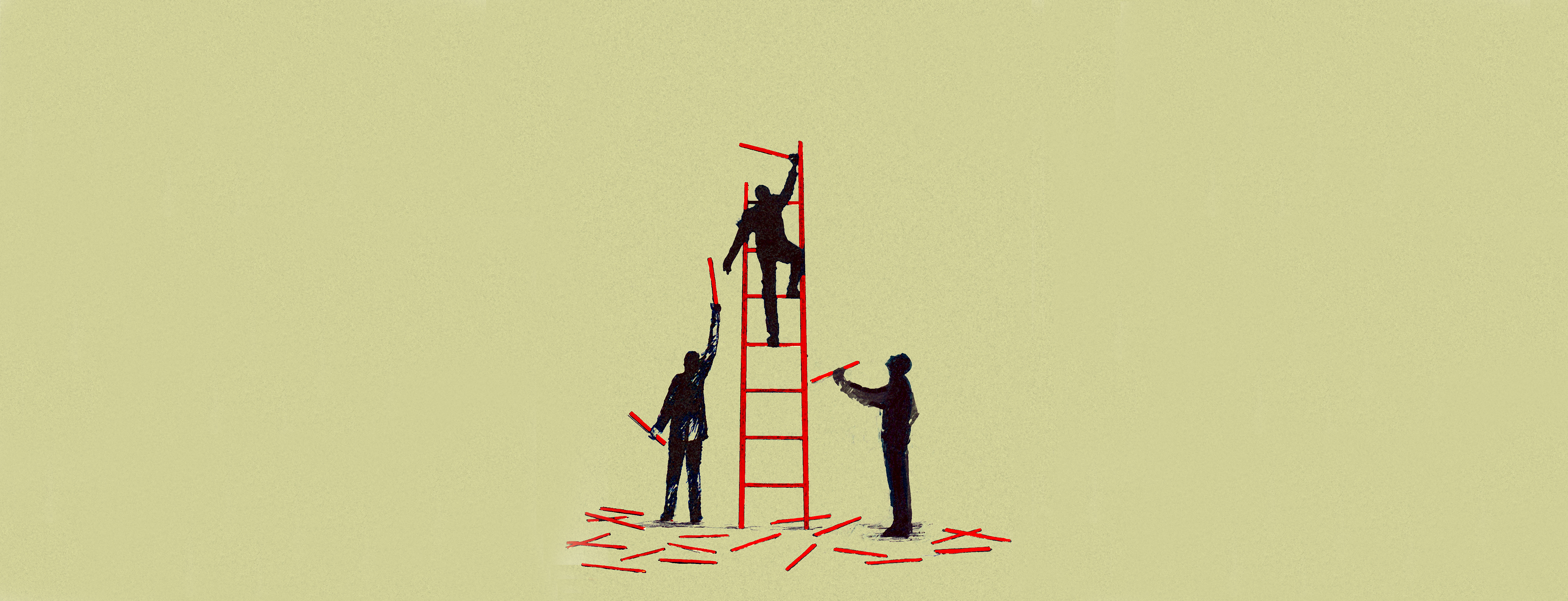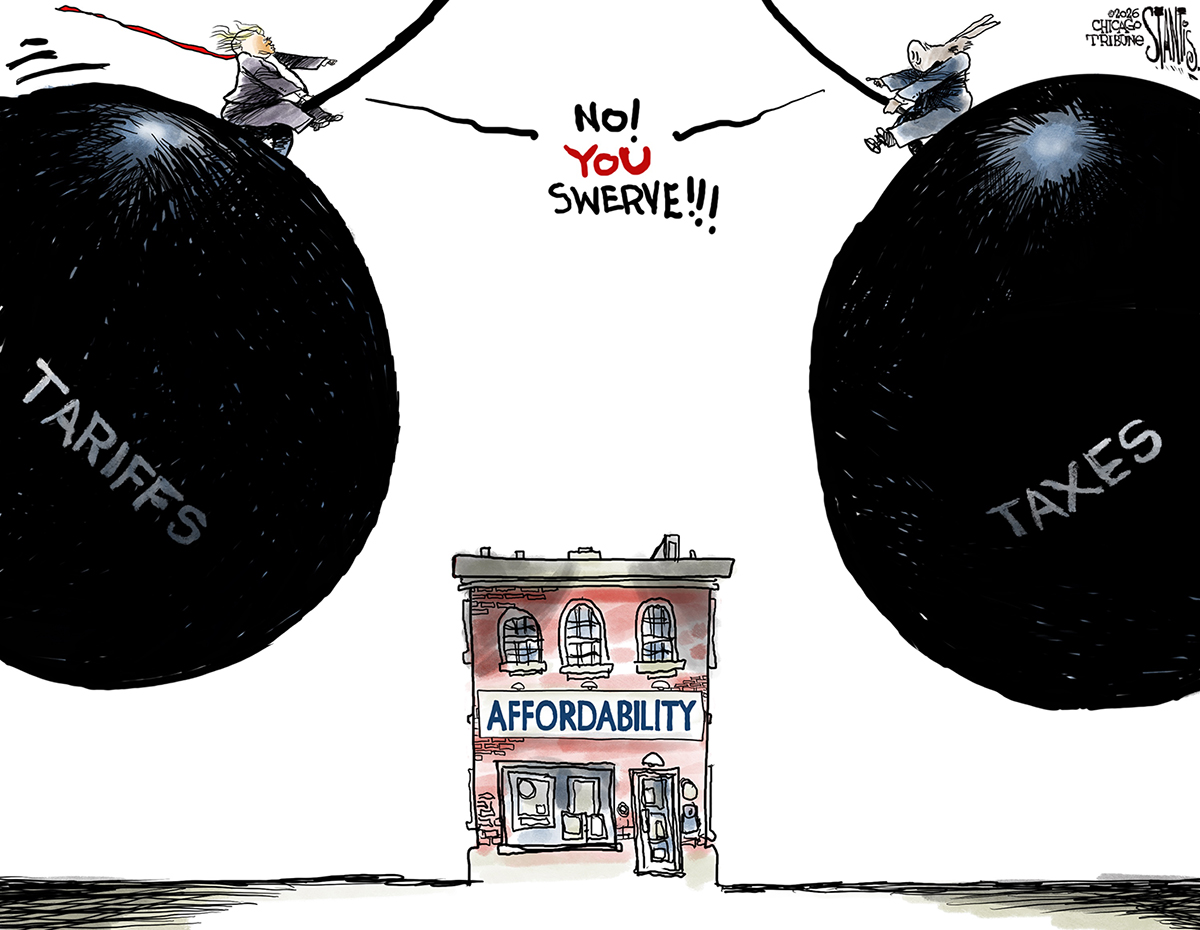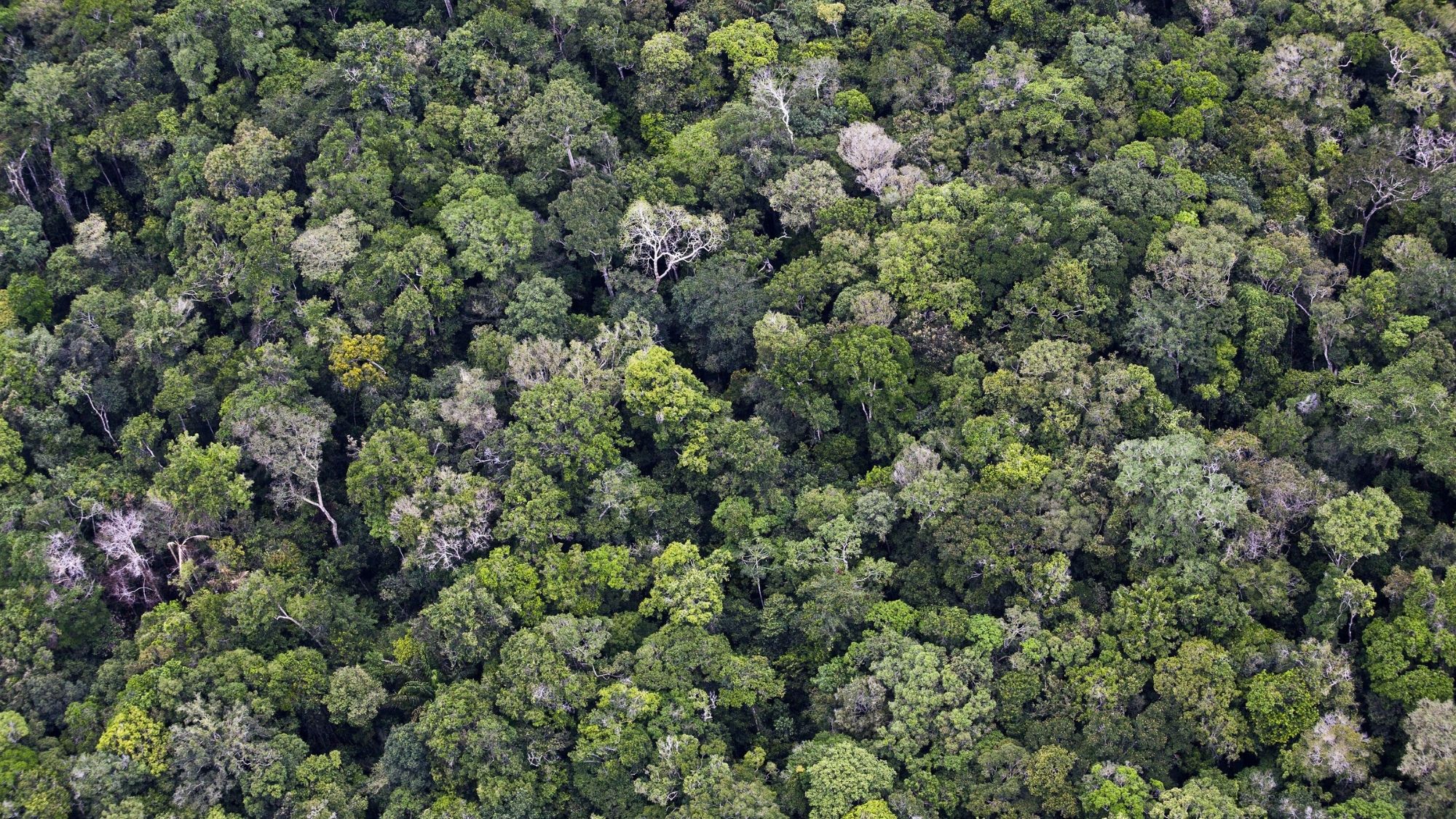Utah has an important lesson for progressives on upward mobility
The state is keeping the American Dream alive through conservative means


Is the American Dream dead? Has that shining promise that hard work will bring prosperity and a better life been snuffed out?
It's tempting to think this might be the case. It seems that America is sliding towards a division between a coastal plutocracy and everyone else, and that for those who are born in America's ever-growing and ever-worsening underclass, everything is destined to keep them stuck treading water, if not forcing their heads down.
But, according to a new, well-reported article from Bloomberg's Megan McArdle, there is one place where the American Dream is alive and well: Utah. In Salt Lake City, the likelihood of moving from the poorest quintile to the richest is 10.8 percent, an upward mobility rate much higher than the 4 percent found in other cities, like Charlotte, North Carolina.
The Week
Escape your echo chamber. Get the facts behind the news, plus analysis from multiple perspectives.

Sign up for The Week's Free Newsletters
From our morning news briefing to a weekly Good News Newsletter, get the best of The Week delivered directly to your inbox.
From our morning news briefing to a weekly Good News Newsletter, get the best of The Week delivered directly to your inbox.
This kind of upward mobility is the stuff progressives' dreams are made of. But it's how Utah has accomplished this that progressives might find interesting, if not infuriating.
What is Utah's secret? Mormons.
That's the short answer, at least. In reality, Utah is different in a lot of ways, as McArdle explains. First, its government is very effective. But it is also cheap. Utah is one of the reddest states in the country, but its conservatism is of the compassionate kind. The state recently led a successful "war on homelessness" and is currently engaged in a massive effort to fight intergenerational poverty. "During the week I spent in Utah," McArdle writes, "I was astonished at how cheerful the civil servants were." This probably raises the eyebrows of anyone who is familiar with how government works. Then, she drops the bombshell: "No one I talked to, even off the record, said they needed bigger budgets or more staff."
But it doesn't stop with Utah's government. The Church of Jesus Christ of Latter-Day Saints is the de facto state church of Utah, and it shoulders many of the responsibilities that we traditionally associate with the welfare state, and seems to do a better job at it. The LDS Church's social services agency, called Welfare Square, seems well-funded and efficient. Mormons volunteer with Welfare Square, and informal church networks help people find jobs or work through marriage difficulties. What's more, while Welfare Square is generous when it comes to giving people the necessities of life, McArdle writes that "the church is quite clear that the help is a temporary waypoint on the road to self-sufficiency, not a way of life. People are asked to work in exchange for the help they get. [...] The two phrases I heard over and over were 'individual' and 'self-reliant.'" Someone who relies too much on handouts will get "a verbal kick in the pants." As McArdle notes, in the U.S., government social services are no longer allowed to do that because of the potential for racial discrimination.
A free daily email with the biggest news stories of the day – and the best features from TheWeek.com
Finally, the state is steeped in a general bourgeois ethos. People get married young and stay married. Churches provide the sort of informal social networks that help people build what economists refer to as human and social capital, which helps them lead healthier lives, find and keep jobs, and so forth.
In the end, Utah represents a unique experiment, "something a bit like [what] Sweden might be, if it were run by the U.S. Chamber of Commerce," McArdle says. It is low-tax, small-government, and business-friendly, but also strongly committed to caring for the under-privileged.
In other words, Utah is everything conservatives would expect it to be.
Yes, there are a few things that might make Utah's success a little bit cringe-worthy for conservatives: Some might not like the idea that, along with an emphasis on self-reliance, social policy also needs a bleeding heart. More profoundly, conservative wonks like me enjoy touting policy ideas like child tax credits and wage subsidies, but Utah suggests that what America more fundamentally needs is a religious revival, and nobody knows how to engineer that.
Then there's the fact that the state is one of the least racially diverse in the country. The LDS Church banned blacks from the priesthood until 1978, and though now the church is open, "the church's racist past still lingers," McArdle writes. No doubt conversations around poverty that happen in Utah would be much more difficult in more diverse settings, especially those still struggling with the legacy of slavery. Certainly, very few would be comfortable with the idea that less diversity might mean higher social trust, as the sociologist Robert Putnam has famously argued, which in turn might be the only way to get things like efficient government and a mobile society.
But it's progressives — not conservatives — who ought to make note of what is happening in Utah thanks to a religiously-soaked culture, a strong marriage and bourgeois ethos, and the use of private initiative and civil society to help put the underprivileged on their feet. Progressives say they want the kind of social welfare, equal opportunity, and high social mobility found in this state, but are they willing to accept that those goals might best be accomplished through conservative means?
Pascal-Emmanuel Gobry is a writer and fellow at the Ethics and Public Policy Center. His writing has appeared at Forbes, The Atlantic, First Things, Commentary Magazine, The Daily Beast, The Federalist, Quartz, and other places. He lives in Paris with his beloved wife and daughter.
-
 Political cartoons for January 18
Political cartoons for January 18Cartoons Sunday’s political cartoons include cost of living, endless supply of greed, and more
-
 Exploring ancient forests on three continents
Exploring ancient forests on three continentsThe Week Recommends Reconnecting with historic nature across the world
-
 The rise of the spymaster: a ‘tectonic shift’ in Ukraine’s politics
The rise of the spymaster: a ‘tectonic shift’ in Ukraine’s politicsIn the Spotlight President Zelenskyy’s new chief of staff, former head of military intelligence Kyrylo Budanov, is widely viewed as a potential successor
-
 The billionaires’ wealth tax: a catastrophe for California?
The billionaires’ wealth tax: a catastrophe for California?Talking Point Peter Thiel and Larry Page preparing to change state residency
-
 Bari Weiss’ ‘60 Minutes’ scandal is about more than one report
Bari Weiss’ ‘60 Minutes’ scandal is about more than one reportIN THE SPOTLIGHT By blocking an approved segment on a controversial prison holding US deportees in El Salvador, the editor-in-chief of CBS News has become the main story
-
 Has Zohran Mamdani shown the Democrats how to win again?
Has Zohran Mamdani shown the Democrats how to win again?Today’s Big Question New York City mayoral election touted as victory for left-wing populists but moderate centrist wins elsewhere present more complex path for Democratic Party
-
 Millions turn out for anti-Trump ‘No Kings’ rallies
Millions turn out for anti-Trump ‘No Kings’ ralliesSpeed Read An estimated 7 million people participated, 2 million more than at the first ‘No Kings’ protest in June
-
 Ghislaine Maxwell: angling for a Trump pardon
Ghislaine Maxwell: angling for a Trump pardonTalking Point Convicted sex trafficker's testimony could shed new light on president's links to Jeffrey Epstein
-
 The last words and final moments of 40 presidents
The last words and final moments of 40 presidentsThe Explainer Some are eloquent quotes worthy of the holders of the highest office in the nation, and others... aren't
-
 The JFK files: the truth at last?
The JFK files: the truth at last?In The Spotlight More than 64,000 previously classified documents relating the 1963 assassination of John F. Kennedy have been released by the Trump administration
-
 'Seriously, not literally': how should the world take Donald Trump?
'Seriously, not literally': how should the world take Donald Trump?Today's big question White House rhetoric and reality look likely to become increasingly blurred
